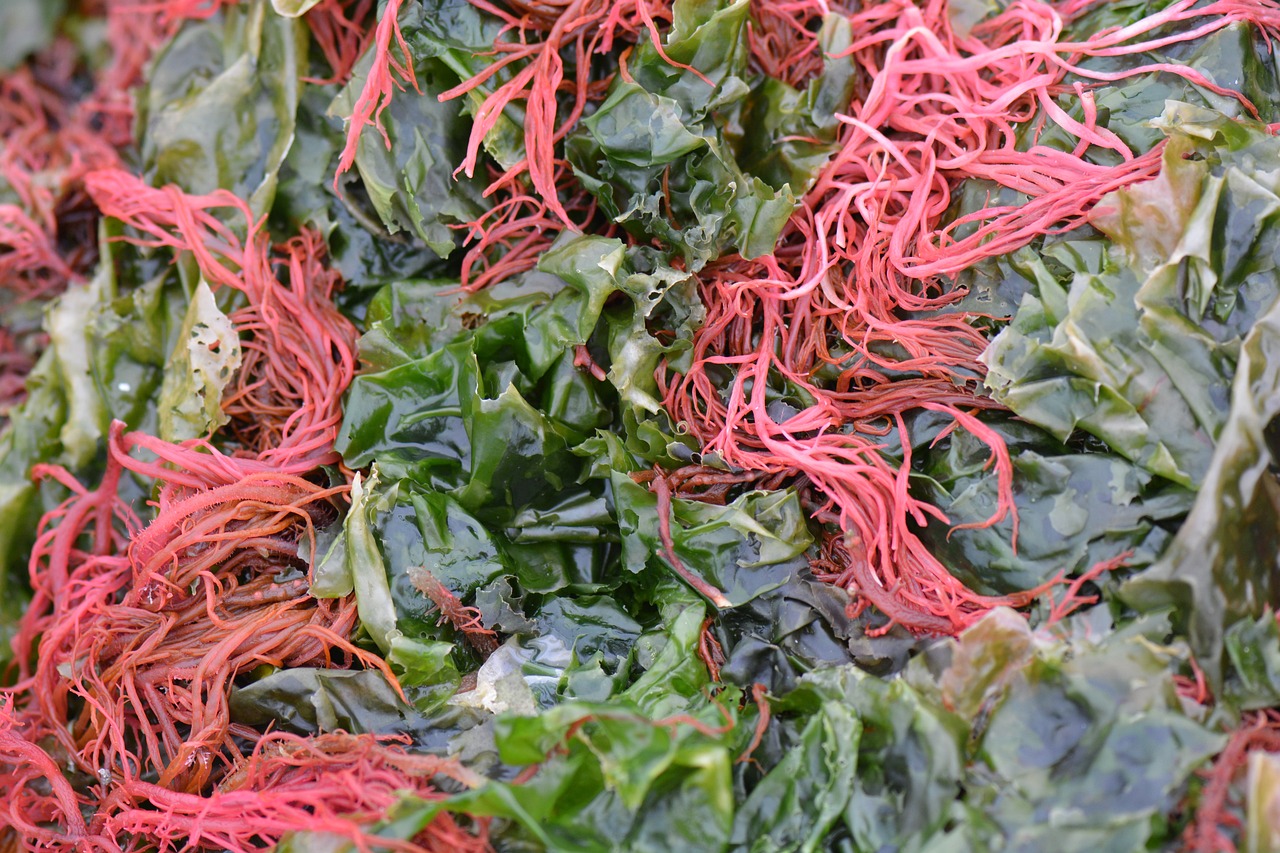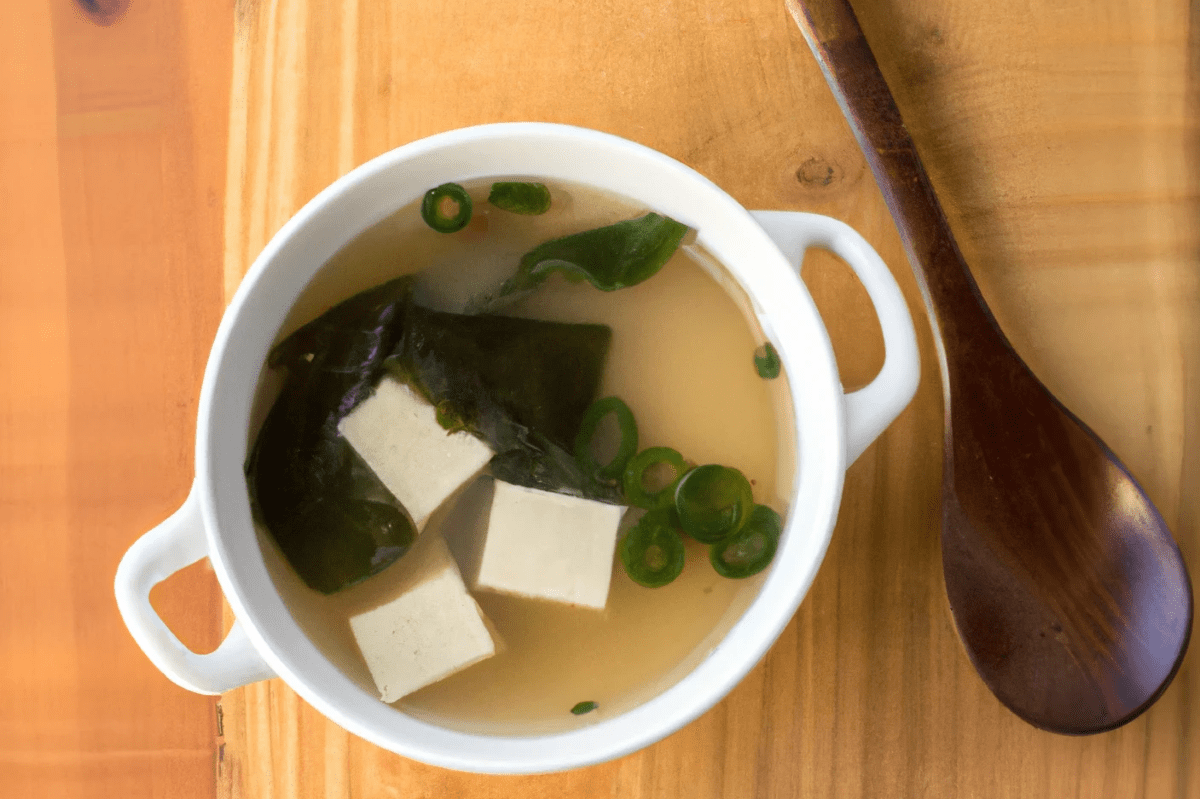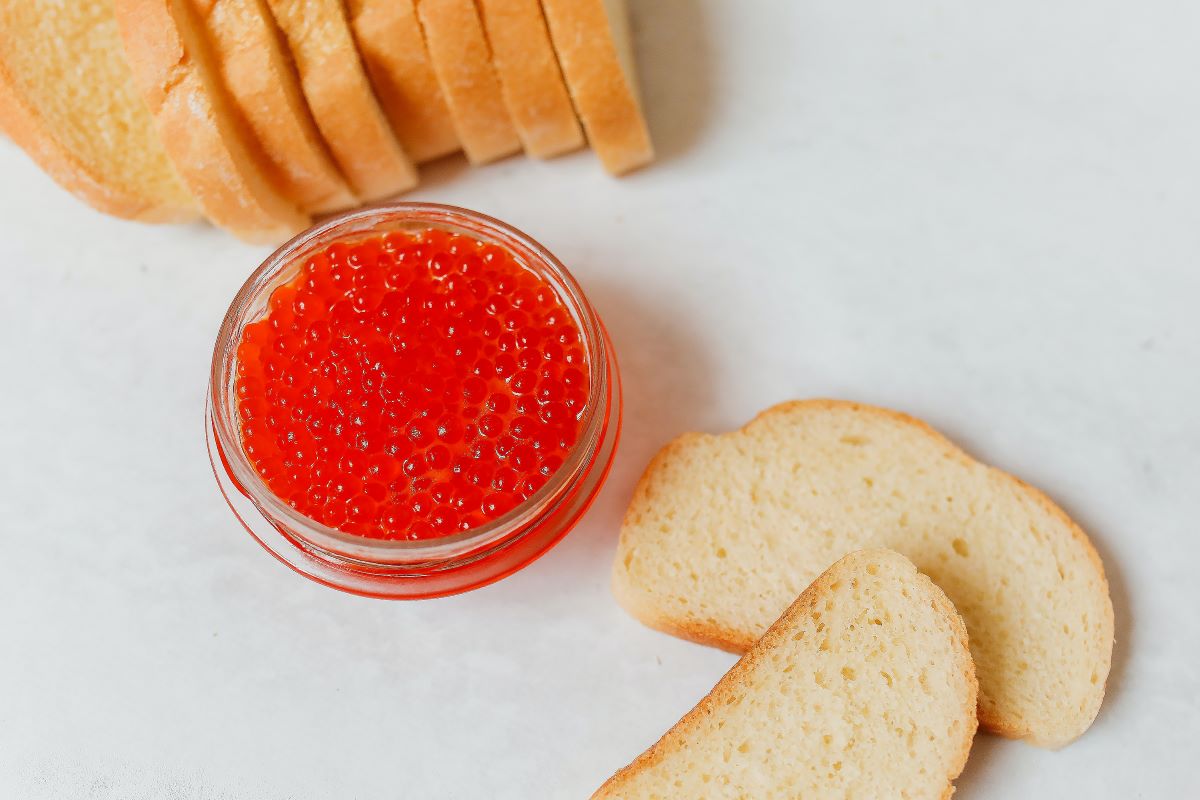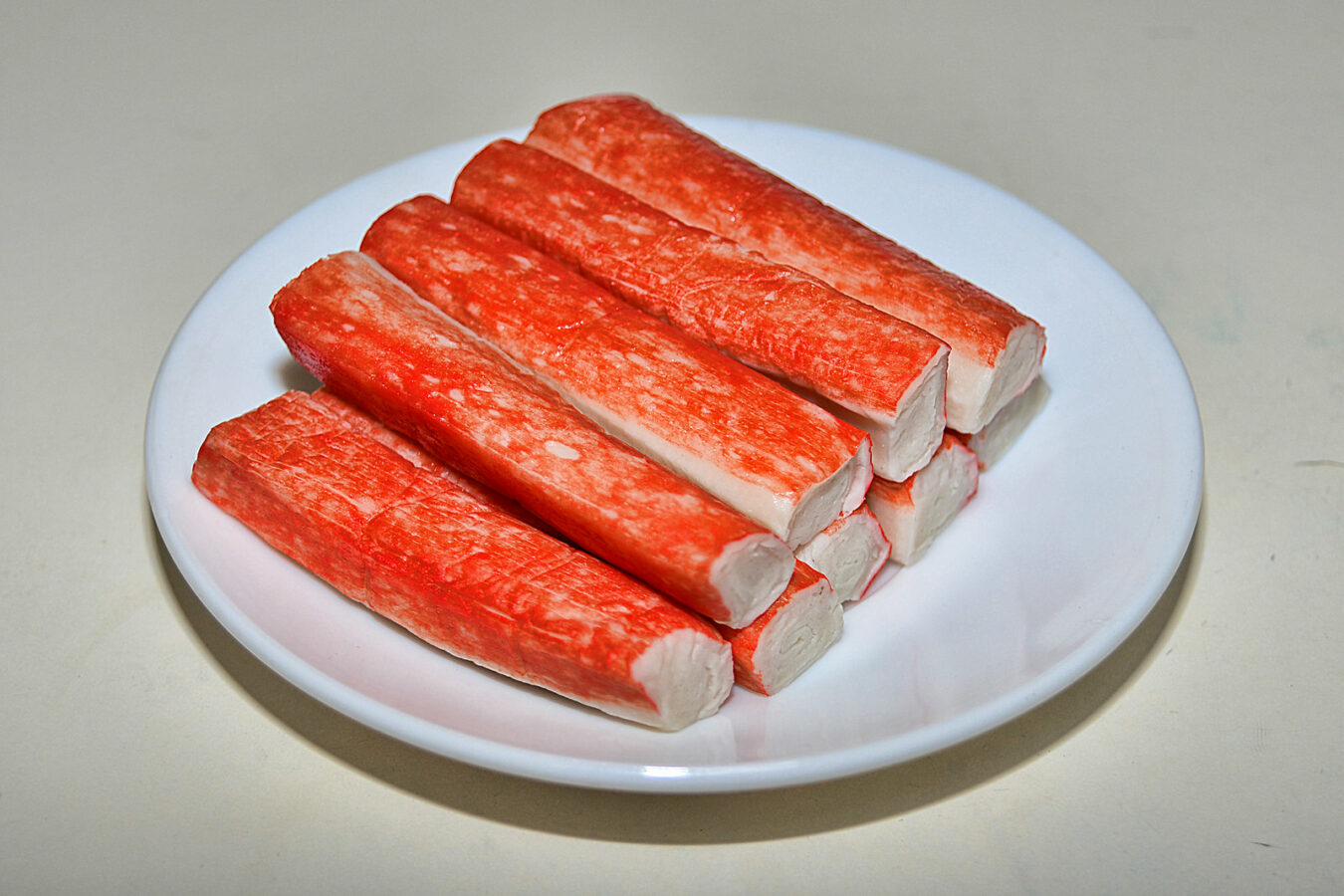Table of Contents
Welcome to this comprehensive guide exploring the vegan status of carrageenan, a common food additive. If you’re a vegan or curious about plant-based diets, you’ve likely wondered whether this ingredient aligns with your lifestyle. This article aims to clarify alternative recipes, ingredient swaps, and more.
Is Carrageenan Vegan?
Yes, carrageenan is generally considered vegan. Derived from red seaweed, it does not involve animal products in its manufacture or final form. However, variations may exist where non-vegan ingredients are used in the mix, although these are rare.
Non-vegan ingredients or Processes
While the use of carrageenan itself is aligned with a vegan lifestyle, it’s crucial to review food labels carefully. Some food manufacturers may blend carrageenan with non-vegan ingredients, such as certain supplements, which could include animal-derived substances.
Always check the label for a “vegan” certification to ensure the product meets your dietary preferences.
Controversies or Gray Areas within the Vegan Community
Though generally considered a plant-based ingredient, carrageenan has sparked some debates within the vegan community. These stem mainly from health concerns based on studies, including research by Dr. Joanne Tobacman, that have linked carrageenan to inflammatory bowel disease, chronic inflammation, and other digestive issues.
Furthermore, extracting carrageenan involves high temperatures and chemicals, raising questions about its environmental impact. As a result, some vegans opt for alternative stabilizers like guar gum, gellan gum, or agar-agar.
Types of Carrageenan
Carrageenans are separated into three main types: kappa-carrageenan, iota-carrageenan, and lambda-carrageenan. Each of these has different properties and uses in the food industry. For instance, kappa carrageenan is frequently used in dairy products and vegan cheeses due to its gelling abilities.
On the other hand, iota carrageenan is commonly found in plant-based milks like almond and soy milk. Lambda carrageenan does not gel but is used in various food applications for its thickening and stabilizing attributes.
Vegan-Friendly Alternatives and Variations
If you’re concerned about the potential risks or ethical questions surrounding carrageenan, the good news is there are now readily available alternatives. Vegan-friendly variations are accessible in stores and online, helping you stay committed to your plant-based diet without compromising taste or nutritional value.
Store-Bought Alternatives
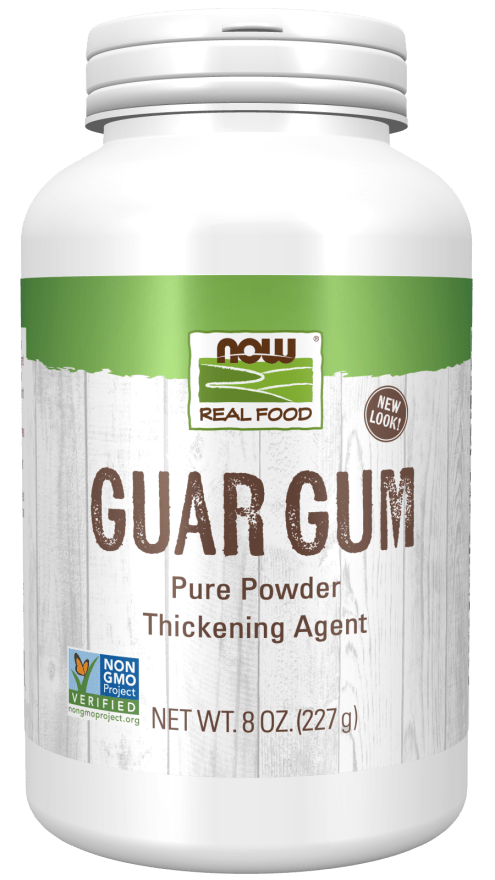
NOW Foods
NOW Foods Guar Gum is a popular plant-based thickening agent made from guar beans. It’s often used instead of carrageenan in vegan foods like ice creams and cheeses.
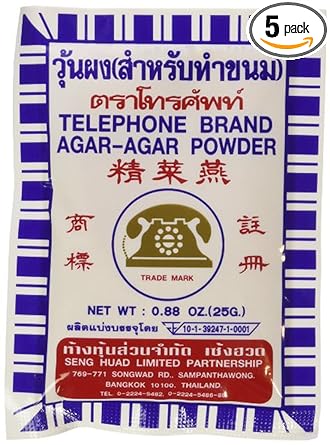
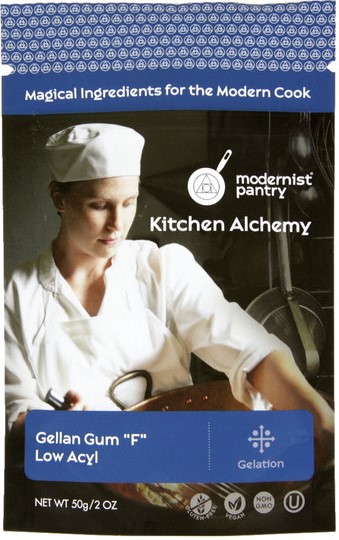
Gellan Gum by Modernist Pantry:
Another plant-based source of thickening, Modernist Pantry’s gellan gum is often used in plant milks to provide a creamy texture.
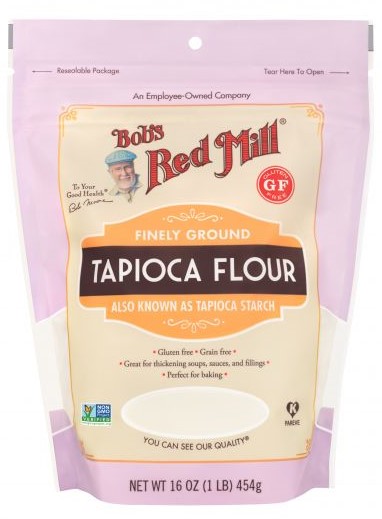
Tapioca Starch by Bob’s Red Mill
Bob’s Red Mill tapioca is a gluten-free, vegan-friendly thickening agent derived from the cassava root is ideal for baking and cooking.
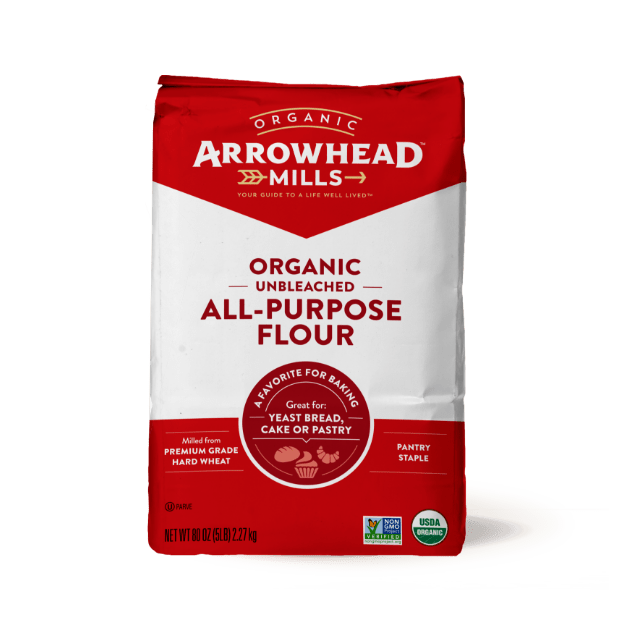
Arrowhead Mills:
Arrowhead Mills’s all-purpose flour is a natural product used as a thickening agent in various food applications, including vegan cheeses and plant-based milks.
Organic Corn Starch by Arrowhead Mills: Corn starch is a natural product used as a thickening agent in various food applications, including vegan cheeses and plant-based milks.
Tips for Identifying Vegan-Friendly Options
Look for Certifications: Always look for products labeled as “Vegan” or “USDA Organic” to ensure they meet the criteria for vegan diets.
Read the Ingredients: Always check the ingredient list even with vegan certifications. Some vegan-certified products may still contain carrageenan if you want to avoid it.
Consult with Brands: Don’t hesitate to contact food companies for information on their ingredients. Many are transparent about the use of carrageenan or its alternatives.
Check Online Reviews: Other vegans can be a valuable resource. Look for reviews or articles discussing the vegan credentials of a product you’re interested in.
Visit Specialized Stores: Health food stores and specialized vegan shops are more likely to carry vegan products and free from controversial additives like carrageenan.
By being proactive and informed, you can make vegan-friendly choices that align with both your ethical stance and health concerns. Whether you are looking for store-bought alternatives or checking food labels diligently, there are multiple ways to avoid carrageenan if you wish, without sacrificing the quality of your food.
Homemade Versions
If you’re inclined to take a DIY approach to your food, making homemade versions of your favorite products can be rewarding and reassuring. You’ll have control over the ingredients, ensuring they align with your vegan lifestyle.
Ingredient Swaps
Swapping out non-vegan or controversial ingredients for vegan alternatives is often straightforward. Here are some swaps you can consider:
Carrageenan -> Guar Gum: Especially useful in ice creams and plant milks.
Gelatin -> Agar-Agar: A plant-based ingredient that works well for gelling purposes in recipes like vegan cheeses.
Animal-Based Thickeners -> Tapioca Starch: Effective in sauces and soups.
Dairy Cream -> Coconut Milk: Coconut milk provides a creamy texture in recipes and can be used instead of dairy products.
Egg Whites -> Aquafaba: The liquid from canned chickpeas, or aquafaba, can be whipped up like egg whites for meringues or used as a binder in baking.
How to Use Vegan Alternatives in Recipes
Utilizing vegan alternatives in recipes is generally simple but may require some adjustments to cooking times or techniques. Here’s how you can incorporate these alternatives:
Agar-Agar: It needs to be boiled to activate its thickening properties. It’s excellent in vegan cheese recipes.
Guar Gum: It can be added directly to your mix of dry baking ingredients or blended into liquids. Use it sparingly, as a little goes a long way.
Tapioca Starch: Mix it with a cold liquid before adding it to hot liquids to avoid lumps. This starch is excellent for thickening soups or sauces.
Coconut Milk: When using coconut milk as a dairy substitute, be aware that it may impart a coconut flavor to the recipe.
Aquafaba: Use it straight from the can or reduce it on the stove for a thicker consistency. Three tablespoons of aquafaba can replace one egg in most recipes.
Being well-informed about your options will make creating delicious vegan foods that meet all your dietary and ethical requirements easier. Experimenting in the kitchen with these vegan-friendly alternatives can also be a fun and rewarding experience.
Subscribe, save, and share this guide to help others navigate the world of vegan ingredients and food products effectively.
How Carrageenan is Made
Understanding how carrageenan is produced can provide more context to its role as a food additive in various vegan and non-vegan products.
Primary Ingredients
The primary ingredient in carrageenan production is red seaweed, specifically Chondrus crispus, also known as Irish moss. This seaweed is harvested from the Atlantic Ocean and waters around the British Isles.
Secondary Ingredients/Additives
The extracted carrageenan might be combined with food-grade salts or undergo processes involving potassium or calcium to produce carrageenan like kappa-carrageenan, iota-carrageenan, and lambda-carrageenan. These variations are helpful for different food applications.
Sourcing and Ethical Considerations
Environmental Impact
Harvesting red seaweed for carrageenan production generally has a lower environmental footprint than animal-based products. However, unsustainable harvesting methods could deplete local seaweed populations and disrupt marine ecosystems.
Ethical Impact
While red seaweed may align well with a vegan diet, concerns about the potential impact of carrageenan on health issues like inflammation and digestive issues still exist within the vegan community.
Labor Practices
Some reports indicate that seaweed harvesting can sometimes involve unfair labor practices. However, there is a growing movement within the food industry to ensure ethical sourcing and fair wages in seaweed farming.
FAQ
In this section, we’ll answer some of the most pressing questions regarding carrageenan.
Is carrageenan harmful?
While there is still some debate, most regulatory agencies like the FDA and the World Health Organization consider food-grade carrageenan safe for human consumption. However, individuals with certain health conditions like irritable bowel syndrome may want to consult medical advice before regular consumption.
Can I replace carrageenan with agar-agar in a recipe?
Yes, you can generally replace carrageenan with agar-agar in recipes, especially when a gelling agent is needed. However, the two have different properties, so you may need to adjust the cooking process.
Are there vegan ice creams without carrageenan?
Yes, there are vegan ice creams available without carrageenan. Always check food labels and look for alternatives like guar gum or agar-agar used as stabilizers instead.
Understanding the complexities of carrageenan can help you make more informed choices whether you’re committed to a plant-based diet for ethical reasons, health, or both. Subscribe, save, and share this comprehensive guide to spread the word and help others make better food choices.
